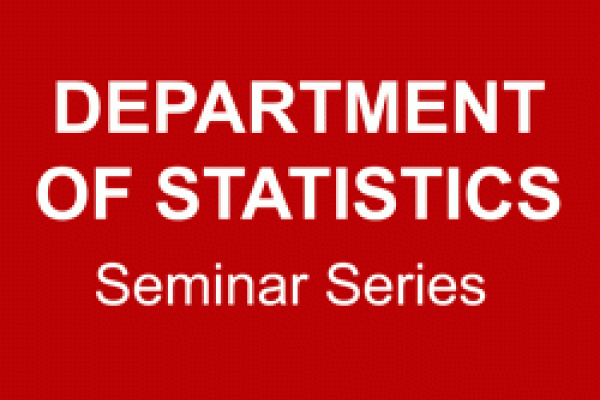
Title
Microarray studies: Can they be reproduced? Can they be combined?
Speaker
Giovanni Parmigiani, Johns Hopkins University
Abstract
Investigations of transcript levels on a genomic scale using hybridization-based arrays led to formidable advances in our understanding of the biology of many human illnesses. At the same time, these investigations have generated controversy, because of the probabilistic nature of the conclusions, and the surfacing of noticeable discrepancies between the results of studies addressing the same biological question. In this lecture I will present simple exploratory data analysis tools for gauging the degree to which the finding of one study are reproduced by others, and for integrating multiple studies in a single analysis. I will describe these approaches in the context of studies of both lung and breast cancer. The main conclusion of our work to date is that it is possible to identify a substantial, biologically relevant, subset of the human genome within which hybridization results are reproducible. The subset generally varies with the platform used, the tissues studied, and the populations being sampled. Despite important differences, it is also possible to develop simple expression measures that allow comparison across platforms, studies, labs and populations. While these are not perfect, important biological signal is often preserved or enhanced. Cross-study validation and combination of microarray results requires careful, but not overly complex, statistical thinking, and can become a routine component of genomic analysis.
Meet the speaker in Room 212 Cockins Hall at 4:30 p.m. Refreshments will be served.
